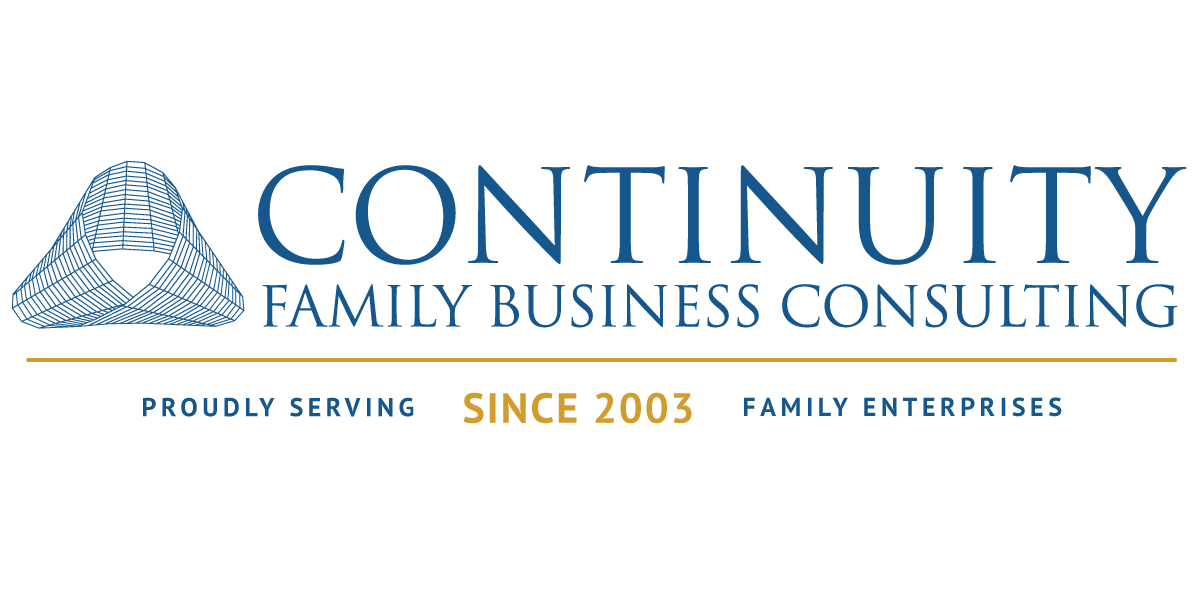We all know communication has a powerful impact on both personal and business relationships. That’s one reason why many people identify poor communication as what needs to be fixed for the family business and relationships to thrive. The complex family business system sets a series of traps for even the skilled communicator. In family business communication, it’s easy for things to go awry.
But just trying to fix communication is usually not the answer. Thinking that improving communication alone will solve family business conflict is usually an unrealistic oversimplification. Solving family business conflict requires a more comprehensive solution, one that includes mindful communication grounded in personal insight. Understanding the pitfalls of family business conflict, knowing your family, and knowing yourself, can help you structure and carry out even difficult conversations.
The good news is that you don’t need to wait for others to improve communication in your family business—YOU can start now. There is a lot within your control that will make family business communication more effective and reduce reactivity.
Here are five approaches to improving family business communication that you can begin today:
Where and When Matters
Be aware of sensitivities when choosing a time and place for a conversation, and know your own sweet spot for being fully available to discuss potentially difficult issues.
Is it at work? After going to the gym? During lunch?
Try to understand when and how you can be at your best for these discussions. Look for clues as to the other person’s availability or non-availability before launching into your issues. Strive for face-to-face communication, since email, text, or letter writing campaigns often spiral out of control and breed misunderstanding.
Discuss the Right Things
Before you set up that meeting, take a step back and consider the topic you want to discuss.
What is your motivation for bringing up an issue? Is there a downside to bringing it up? Is there a benefit to the group to have such a discussion or know about the issue? Are they interested? Should they be? What message is sent just by bringing this up?
Know your audience and understand their style and priorities, as well as how they contrast with yours. You may want to be informative and act as a team player—but you may unintentionally come across as indecision and needless bother. This is a situation in which a strong Family Factor helps you to know and predict how others will respond in a given situation. Try to put yourself in their shoes to imagine how they will receive what you want to share.
It’s also important to consider what you are censoring. What are you not discussing for fear of stirring up conflict? Maybe you are not ready to discuss the issue, but could you identify the topic, your fears, and just discuss how to talk about it?
Be clear with yourself on your purpose, goals, and expectations when bringing up an issue.
Check Assumptions and Choose Honesty
A destructive habit that can derail communication is making assumptions about how the other person feels or how they will react, and then censoring or distorting what you have to say based on those assumptions.
It may be tempting to deceive yourself that this is virtuous, that you are considering the other person’s point of view—but in reality you may be giving yourself an excuse to be less-than-honest. Be aware of sensitivities. Be diplomatic. Be respectful. And above all—even though it takes fearlessness—be direct and be honest.
Abandon Judgment
If you intend to communicate with honesty and openness, you must be able to hear others without judgment. Remind yourself that what the other person is saying is coming from their perspective, their emotional state, their set of current circumstances and history.
If you avoid taking things personally, you can better manage your reactions to misunderstandings, accidental insults, and even overt offenses. Bear in mind that people are rarely motivated simply by the desire to hurt or offend others. The goal is to keep the conversation on track and productive. Taking things personally sidetracks conversations. It becomes “about you” instead of about the real issue.
Practice Empathy, Not the Blame Game
A critical component of communication is listening, not just talking or writing. How you listen matters. Listen with empathy, and understand that differences or tensions in a family business context have a strong emotional component.
It is important that the other person also understand how you feel. Sharing this in a way that is not threatening helps the other person remain open to what you have to share. Express the issue in terms of, “I feel X when this or that happens,” rather than “You made me feel X when you did Y.”
This helps you avoid blame. Blame is a conversation killer. So are dead end phrases, such as, “Just forget it…,” “You never…,” or “You always….”
If you do the inner work to keep communication open, conflict will decrease. Being able to navigate through differences with skillful communication keeps you and those connected with you from getting tangled up in conflict. Skillful communication helps to create opportunity for development—it offers you a chance to gain personal insight and perhaps to encourage the same in others; it strengthens relationships; and it smooths the way toward business success.
Train Your Family to Communicate More Effectively: Our Conflict Management Training helps families develop a common language to work through tensions and avoid conflict. Learn more.
About Us
Continuity Family Business Consulting is a leading advisory firm for enterprising families. Using a full suite of service capabilities, we help families prevent and manage the single greatest threat to family and business continuity: conflict. It is through this lens that we advise our clients and build customized strategies for succession planning, corporate governance, family governance, and more. We help families improve decision making, maximize potential and achieve continuity. To inquire, visit https://continuityfbc.com/contact-us or call (617) 500-3110.


